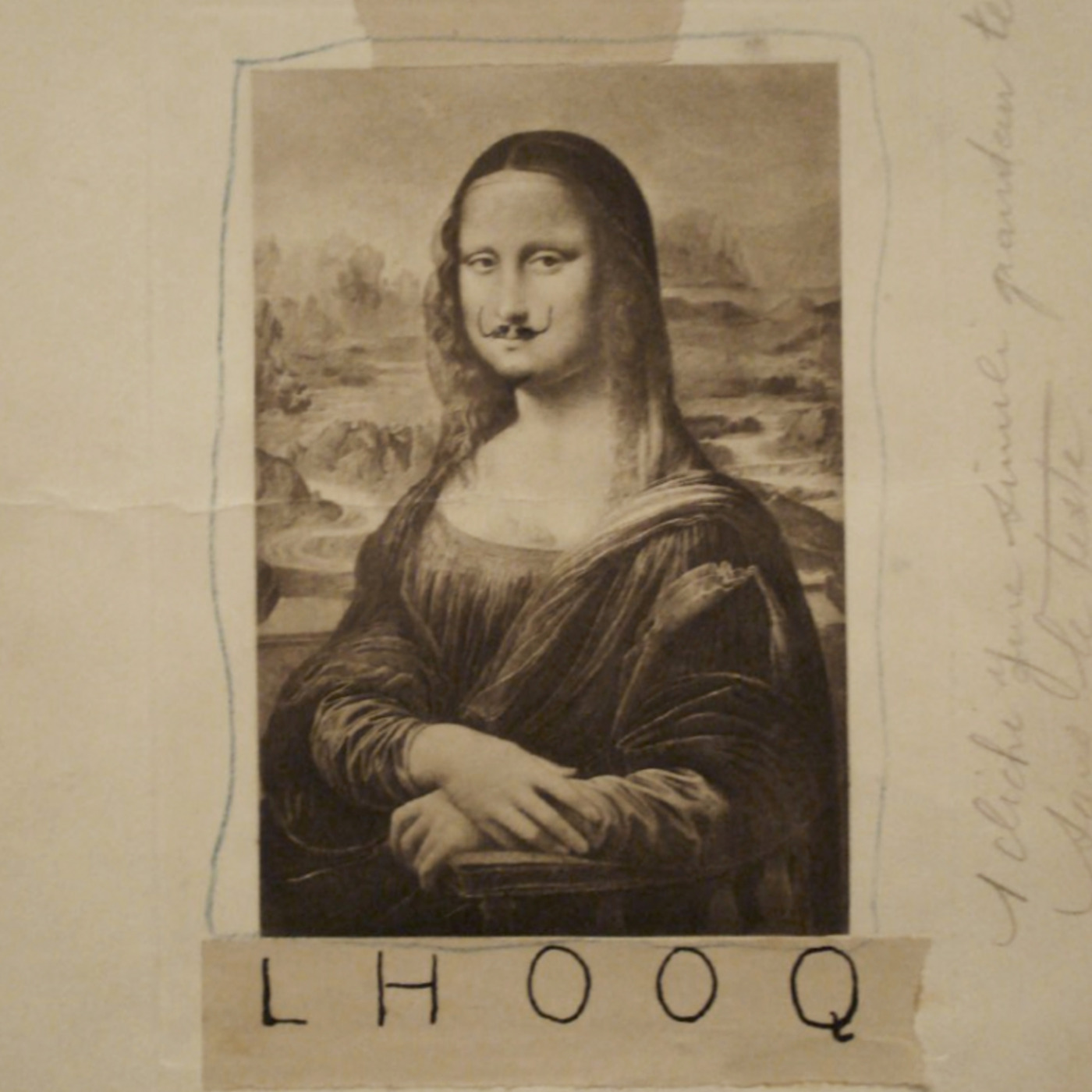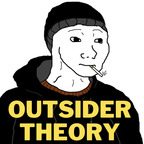Wuthered
Wuthering Heights is a tale of extreme domestic violence, child physical abuse and mental debasement written in a beautiful prose style.

Wuthering Heights is the name of Mr. Heathcliff’s dwelling. “Wuthering” being a significant provincial adjective, descriptive of the atmospheric tumult to which its station is exposed in stormy weather. Pure, bracing ventilation they must have up there at all times, indeed: one may guess the power of the north wind, blowing over the edge, by the excessive slant of a few stunted firs at the end of the house; and by a range of gaunt thorns all stretching their limbs one way, as if craving alms of the sun.
Emily Brontë
Wuthering Heights is a tale of extreme domestic violence, child physical abuse and mental debasement written in a beautiful prose style. As I write that sentence, I’m mindful of the issues Geoff Shullenberger and Alice Gribbins raise in their recent Outsider Theory discussion on the dangers of controversial historical artworks of different types not slipping into only being devices for condemnation or moralising: that the only role potentially controversial historical art has to play in the modern world is to just say how bad things were in the past and how we should be different.

For example, we may find ourselves so caught up in armchair psychologising today that while reading Wuthering Heights I couldn’t help but think of Heathcliff and Cathy’s relationship as being ‘co-dependent’. They were both self-destructive and abusive towards each in other in different ways, but they both felt drawn to each other as free spirits. Yet I couldn’t help feeling that I was doing a disservice to the book by thinking that way. The slim reed of redemption I’d give myself for my initial feelings about Wuthering Heights in that opening sentence, is that from reading the book I get the impression Emily Brontë fully intended Wuthering Heights to be as shocking as it is, yet she balances with a sympathy for the characters that takes the reader one step back from condemning them as outright evil. So it doesn't feel like you're projecting an unfair moral judgement on the characters with the benefit of hindsight.
Heathcliff, for example, is far from the brooding and smouldering hero you’d pick up from popular culture before having read the book. Instead, he is terribly cruel, physically violent and hateful, yet you have some sympathy for him as you know he is the product of abandonment and abuse himself. Indeed, one of the most jarring passages in the book is learning that "Heathcliff's" arrival at Wuthering Heights was preceded by Mr Earnshaw, its owner, finding an as yet unnamed foundling toddler wandering the streets of Liverpool and deciding to bring him back to the estate to name and raise as his own, much as one might decide to adopt an abandoned kitten.
A final observation was that in my ignorant mind these 19th century novels kind of kind of merge together under a Jane Austenesque Regency rubric. I expected Lords and Ladies, genteel soirees, and chaste love affairs: Wuthering Heights certainly isn’t that.

